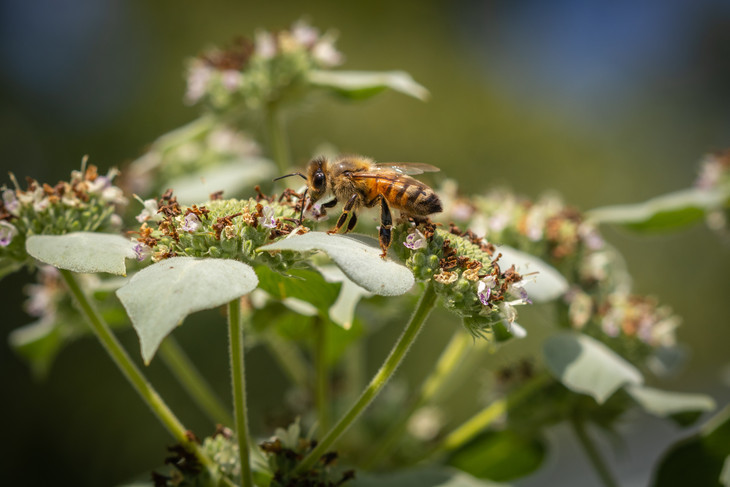Researchers have discovered that neonicotinoid seed treatments are driving a dramatic increase in in
Researchers have discovered that neonicotinoid seed treatments are driving a dramatic increase in insecticide toxicity in U.S. agricultural landscapes, despite evidence that these treatments have little to no benefit in many crops.During the past 20 years, insecticides applied to U.S. agricultural landscapes have become significantly more toxic — over 120-fold in some midwestern states — to honey bees when ingested, according to a team of researchers, who identified rising neonicotinoid seed treatments in corn and soy as the primary driver of this change. The study is the first to characterize the geographic patterns of insecticide toxicity to bees and reveal specific areas of the country where mitigation and conservation efforts could be focused.According to Christina Grozinger, Distinguished Professor of Entomology and director of the Center for Pollinator Research, Penn State, this toxicity has increased during the same period in which widespread decline in populations of pollinators and other insects have been documented.“Insecticides are important for managing insects that damage crops, but they can also affect other insect species, such as bees and other pollinators, in the surrounding landscape,” she said. “It is problematic that there is such a dramatic increase in the total insecticide toxicity at a time when there is also so much concern about declines in populations of pollinating insects, which also play a very critical role in agricultural production.”You can read more about this work at Penn State News! -- source link
#penn state#pennstate#research#honey bees#christina grozinger#honeybees#neonicotinoid#neonicotinoids#seed treatment#insecticide toxicity
